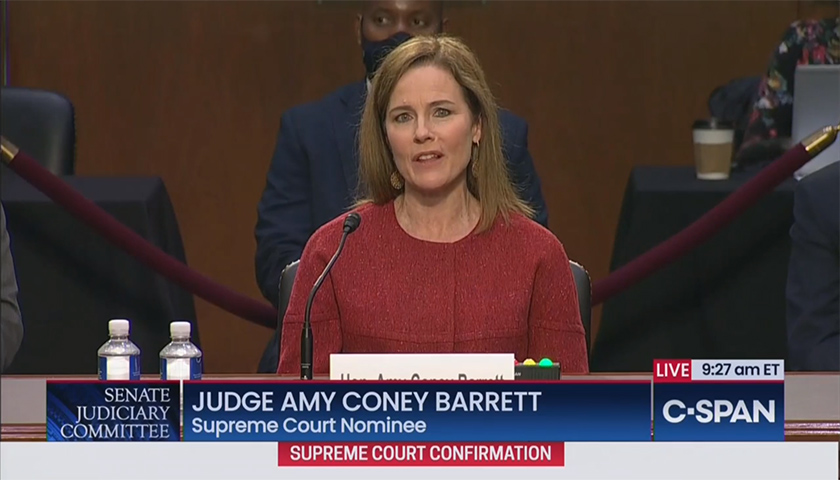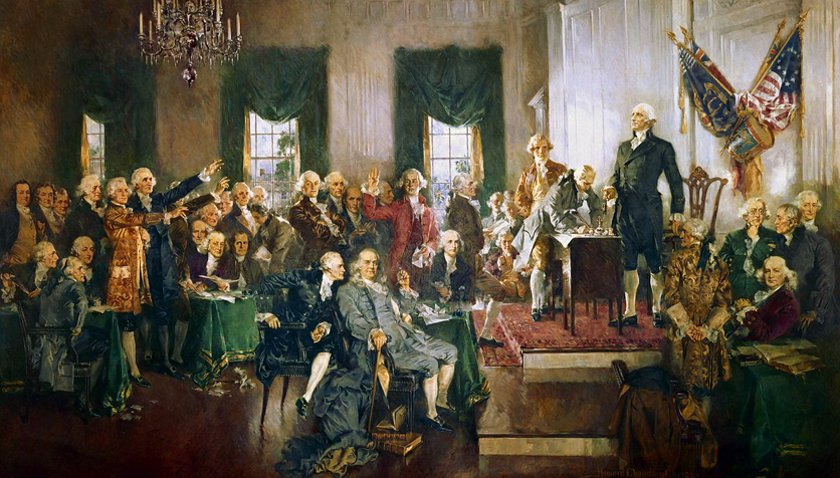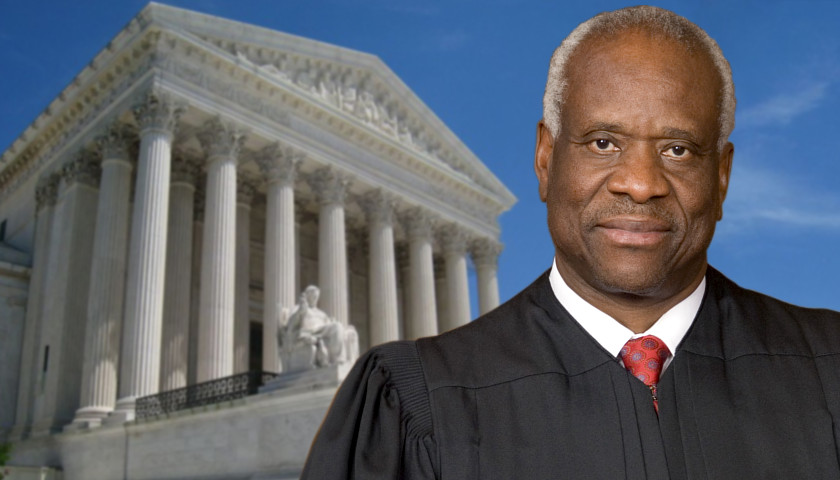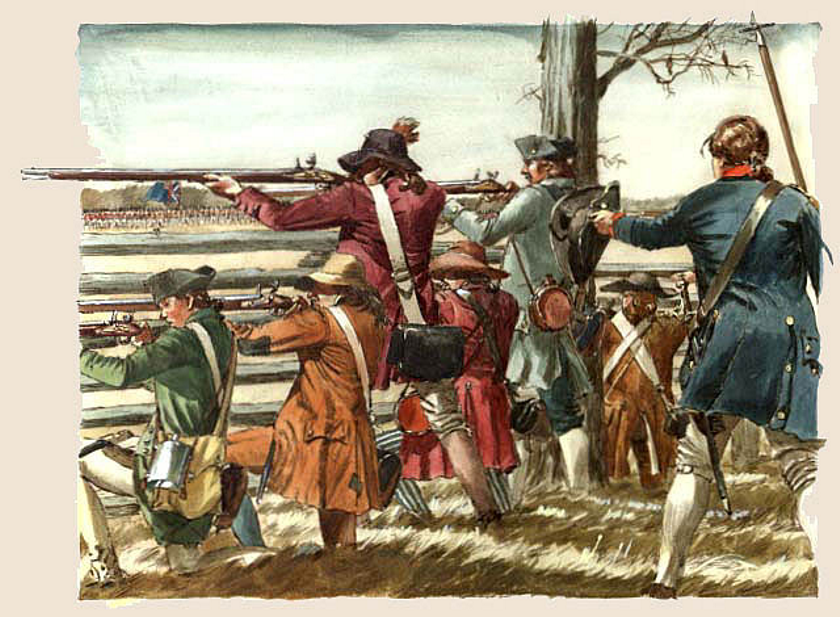Today’s challenge, game show Jeopardy-style: “They have a particular status in common: Anwar al-Awlaki, Yaser Esam Hamdi, the twin daughters of El Chapo, Chinese children born to US surrogates, and children born in the US to illegal immigrants.”
After seeing the first two names, a contestant would probably be preparing to hit the button to answer something like “What is Islamic terrorism?” – until they finished reading the entire list. The last item would clinch it, and then the fastest button-pusher would confidently offer the politically-correct answer: “What is birthright citizenship?”
Read the full story








